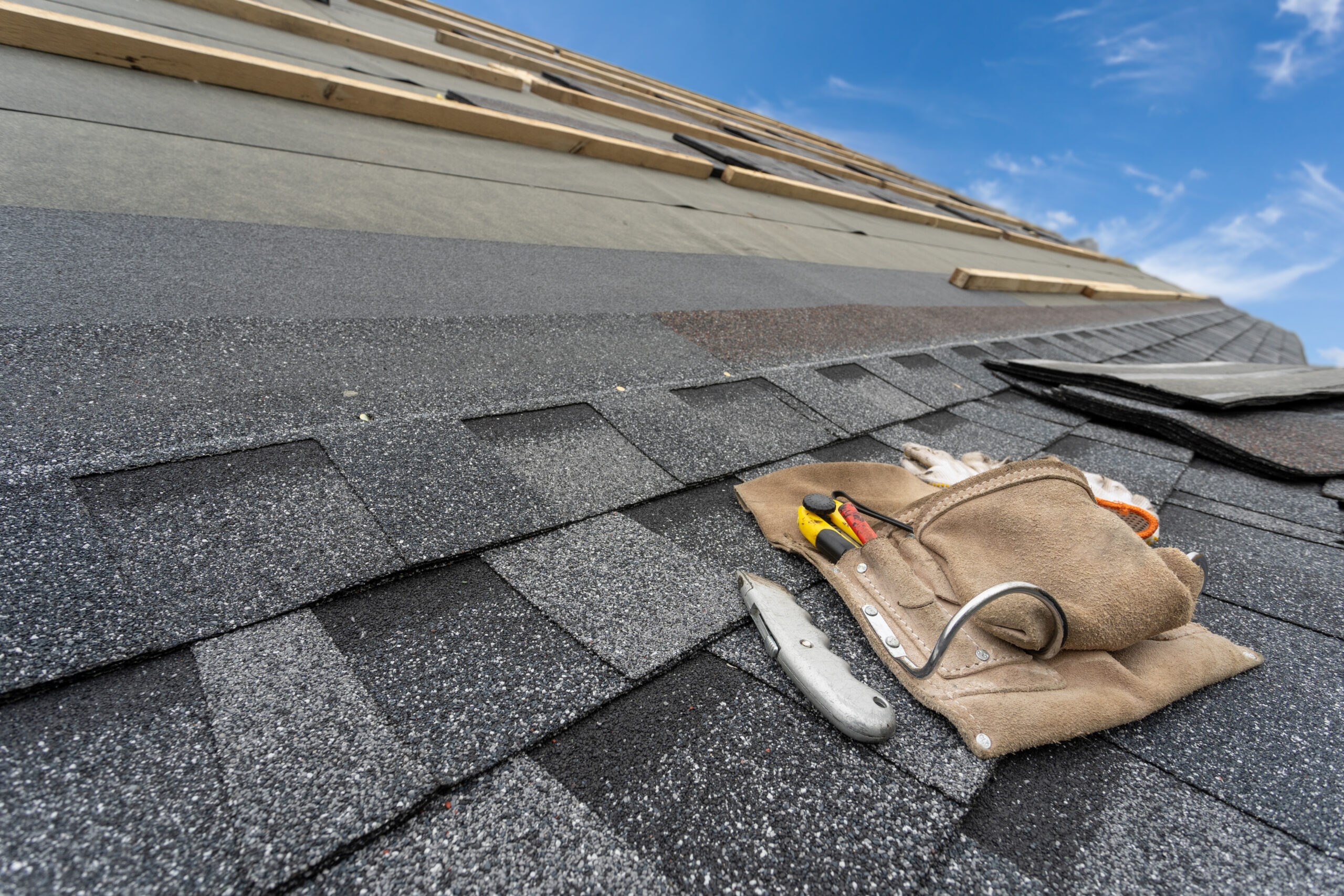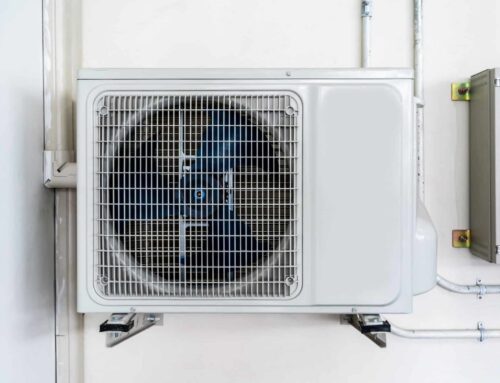BENEFITS FOR PEOPLE WITH ALLERGIES, ASTHMA AND RESPIRATORY DISEASE:
People with allergies, asthma and certain chemical sensitivities have often found that, in buildings with spray foam, dangers of respiratory distress caused by natural airborne irritants are reduced.
Pollutants and airborne allergens can penetrate even the smallest gaps in other forms of insulation. Airborne moisture can also infiltrate traditional insulation, sometimes leading to mold, which releases spores and potentially toxic substances called mycotoxins. When you have your home air sealed tightly by Superior Insulation Services dangers of inhaling these toxins and irritants are greatly reduced.
For all these reasons, spray foam insulation is highly recommended for spaces occupied by people with allergies, asthma and other particular respiratory issues. In fact, Spray Foam Insulation was used to improve indoor air quality as part of the American Lung Association’s “Health House” program.
AIR QUALITY FACTS:
- We spend 90% of our time indoors
- 15% of homeowners are allergic to their homes
- 40% of kids will develop respiratory illness
- More than 20 million people in the U.S. suffer from asthma
- Medical costs for serious illnesses caused by poor indoor air quality total more than $1 billion per year
- Lost productivity from those illnesses costs between $4.7 billion and $5.4 billion
- Indoor air quality (IAQ) affects every one of us, especially those with respiratory health issues like asthma and allergies
- Protect your family’s well-being by improving your indoor air quality with spray foam insulation
- Spray foam insulation and air barrier creates a thoroughly sealed environment. By eliminating air leakage, spray foam insulation automatically helps prevent the infiltration of the pollutants, outdoor allergens and moisture carried in the air. Plus, unlike some other insulation types, spray foam insulation is not a food source for mold or insects, which are common causes of respiratory irritation.
KEEP POLLUTANTS OUT:
For healthier air in your home, keep out pollutants – these can include:
- Dust and dirt
- Mold and moisture
- Radon
- Carbon monoxide
- Pollen and other allergens
You can separate breathing air from pollutants you can’t eliminate by air-sealing walls and ceilings between living spaces and:
- Garages
- Combustion furnaces and water heaters • Combustion closets
- Chemical storage areas
- Outdoor pollen and other allergens
Remember to use spray foam insulation not only on the exterior walls of a home, but also on interior walls, especially the types of places mentioned above. By using spray foam insulation as garage insulation, for example, you can help protect your family from harmful outdoor pollutants (e.g. exhaust) that might otherwise creep into your home unnoticed.
Spray foam will create an air barrier to reduce outdoor pollutants and allergens from getting inside. Used in conjunction with mechanical ventilation can make indoor air healthier than what you breathe outside.
REDUCE EXPOSURE TO MOLD AND MILDEW ALLERGIES:
Most of the moisture that gets into a home is actually carried in the air. Airborne moisture can condense on surfaces within the home and contribute to mold growth. Mold has been known to aggravate asthma or allergies, and cause symptoms such as itchy eyes, sneezing, and coughing. can help minimize the flow of random airborne moisture entering your home, to protect against mold growth that may lead to these conditions.
Common insulation types such as fiberglass and cellulose absorb or retain water and provide a food source for mold – this can lead to mold growth, which can trigger allergies in the home. Use building materials that contribute to moisture management (like spray foam insulation) to prevent the growth of mold, which releases spores and mycotoxins into the air.
AVOID AIRBORNE IRRITANTS:
Those concerned about healthy air can breathe a little easier in buildings insulated with the water-blown products offered by APEX. Dangers associated with certain forms of insulation, such as long-term VOC emissions, were not observed in Icynene®, according to extensive testing.
Icynene® LD-C-50 features 100% water-blown technology. This technology utilizes a blowing agent that has the lowest Global Warming Potential (GWP) value of 1. Icynene® products are classified as Low-Emitting Materials that contribute to a better indoor environment. APEX is an Icynene® Certified Applicator trained to properly insulate buildings for a healthier and cleaner home.
Call Superior Insulation or fill out the form on this page now to work with an expert spray foam insulation company.
spray foam insulation company ct, insulation company ct, spray foam insulation contractor, spray foam insulation contractor ct, ac ductless company ct, ductless ac company ct, heat pump company ct, heat pump contractor ct, heat pump installer ct.






